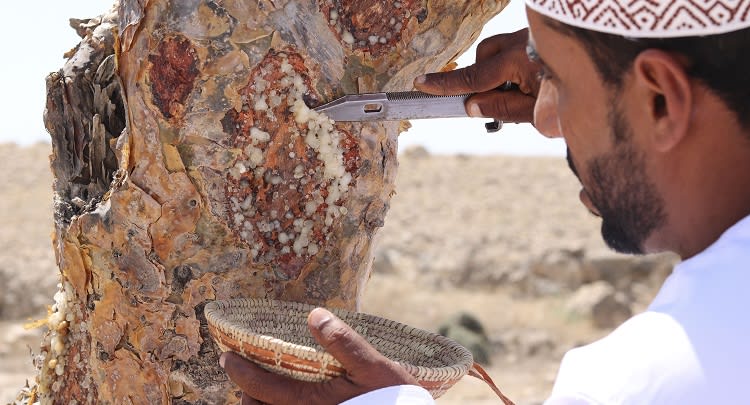
Travel Guide: Thailand
Thailand, and its local residents, is thoroughly accustomed to the presence of tourists from all walks of life. However, it is important to be mindful of the few things which exist, both as legal and conventional requirements, for a comfortable stay in the country. Here are a few important things to remember if you are planning to visit Thailand.
When to Go
Thailand is a year-round destination. The cool season coincides with the high season and begins in late October and ends in February. December and January are the coolest winter months. The hot season runs between March and May. The average daily temperature in March is 27°C rising to 36°C in April. The monsoon season starts in May and ends in September. This is a particularly misty time of year but you can expect some sunshine on most days as it generally only rains in the afternoon, evening and during the night.
Excursions
Thailand offers a plethora of day trips to temples, historical sites, and museums, excursions into jungles where you can go river rafting, elephant trekking, rock climbing, mountain biking, and more.
Currency
The Thai currency is the Thai Baht. ATMs are commonplace and Visa and Mastercard are widely accepted.
Local Laws
The monarchy holds much respect in Thailand, and it is considered essential for all those visiting or travelling through the region to demonstrate an acknowledgement of this respect. This means always standing for the king’s anthem, never tampering with images of the king or members of the royal family and never verbally disrespecting the monarchy — this stands as both a conventional and legal requirement for a peaceful existence in Thailand.
Though alcohol is legal throughout Thailand (past the minimum age of 20), the legal purchase of alcohol is prohibited between the hours of 2 pm and 5 pm, midnight and 11 am the following morning, and throughout the day on any election day, as well as on religious holidays. Possession and use of drugs are strictly prohibited.
Etiquette
When addressing someone, especially a business associate, it is important to refer to them using the prefix: khun. This demonstrates respect.
It is important in Thai culture never to let one’s anger or frustration dominate their conduct in a given scenario — even in particularly grave inconveniences. The ability to control emotions and maintain a calm demeanor in any scenario demonstrates great strength in Thai culture.
When someone dips their head and holds the palms of their hands together in a prayer-like motion they are showing a form of respect called a wai. If you return this gesture with a smile you’ll find yourself making friends very quickly.
Always dress modestly and take off your shoes when entering a temple or somebody’s home. With temples in particular, make sure knees, stomach, and shoulders are covered and that clothing is relatively loose and free of any significant damage.
The head is considered the most valuable part of the body, while the feet are conversely the lowest, as well as the cause of human attachment to the world and suffering. Therefore, it is important to never sit with your feet pointing towards someone and try to avoid resting them on table tops. Also, never tap or touch someone on the head, even a younger person or as a gesture of kindness.




